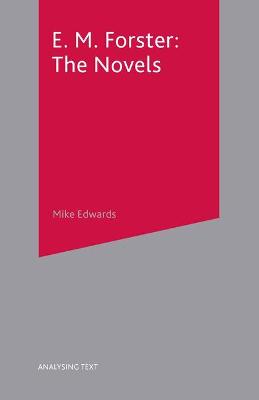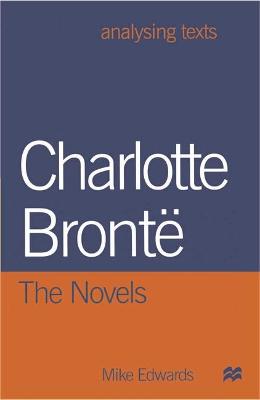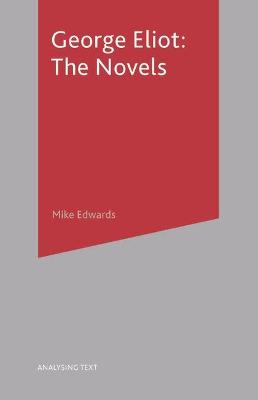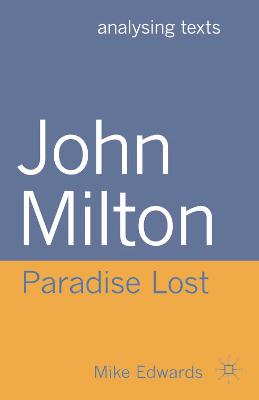Analysing Texts
6 total works
E. M. Forster's writings have enjoyed remarkable popularity since the early years of the twentieth century. Their strongly visual quality, vividly evoking the English landscape as well as the more exotic settings of Italy and India, has lent itself to adaptation in several highly successful films. Forster's masterpiece A Passage to India, has a powerful popular appeal and an assured place in the English literary heritage. This guide seeks to explore creatively the fascination of Forster's writing and to show how interesting ideas can emerge from close reading of extracts from the novels. The approach is open-minded. Readers are encouraged to think for themselves, enjoy evolving their own interpretations and have confidence in the judgements they arrive at. Detailed analysis brings out the delicate balance of the novels - the humour, irony and ambiguity underlying the urbane, readable surface, and their unique blending of realism, comedy and romance. The result is a deeper appreciation of the subtlety and range of Forster's ideas, the technical mastery of his work, and the unconventional cast of his mind.
A practical approach to Charlotte Bronte's best- known novels, which shows how coherent criticism can be evolved from close reading. The intention is to help students develop skills in practical criticism and encourage them to follow through their ideas. The major part of the book contains worked examples, with detailed guidance and suggestions for further work which will be useful for both teachers and students. There is additional material on Bronte's background, and on critical views of her work. The novels covered are Jane Eyre, Shirley and Vilette.
This volume guides students through Eliot's most widely studied novels: The Mill on the Floss, Silas Marner and Middlemarch. The first part of the book is based on analysis of extracts grouped by themes including relationships, society and morality. At the end of each chapter, a 'Methods' section offers ideas for independent study. The second part describes Eliot's biographical, cultural and intellectual environment, and gives readings of representative critical writing.
Paradise Lost is for many the greatest poem written in English. Composed late in the author's life, it deals with nothing less than the destiny of mankind.
This essential introductory guide:
- Leads the reader into the epic poem through detailed analysis of key extracts, exploring Milton's original thought and style
- Provides useful sections on 'Methods of Analysis' and 'Further Work' to aid independent study
- Offers valuable information on Milton's life, times and literary legacy
- Examines the development of critical opinion and discusses some recent critical views of the poem.
John Milton: Paradise Lost is ideal for anyone who is studying this complex and beautiful work for the first time. It will enable you to approach your own critical analysis of the poem with confidence.
This essential introductory guide:
- Leads the reader into the epic poem through detailed analysis of key extracts, exploring Milton's original thought and style
- Provides useful sections on 'Methods of Analysis' and 'Further Work' to aid independent study
- Offers valuable information on Milton's life, times and literary legacy
- Examines the development of critical opinion and discusses some recent critical views of the poem.
John Milton: Paradise Lost is ideal for anyone who is studying this complex and beautiful work for the first time. It will enable you to approach your own critical analysis of the poem with confidence.




